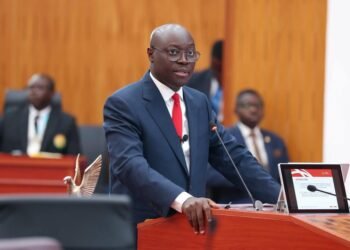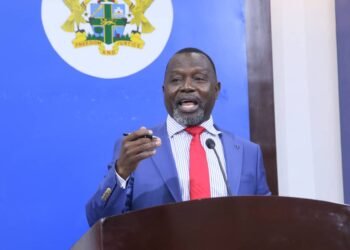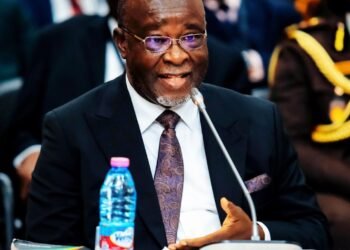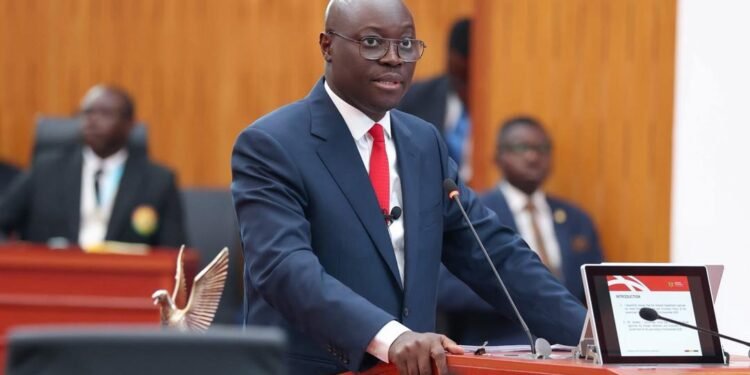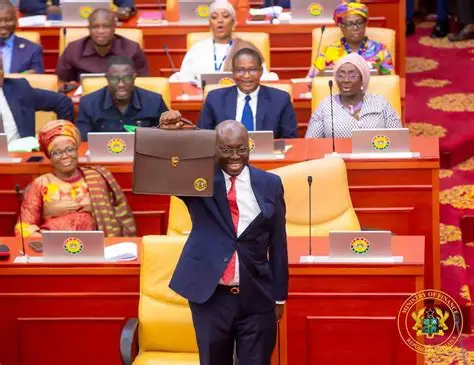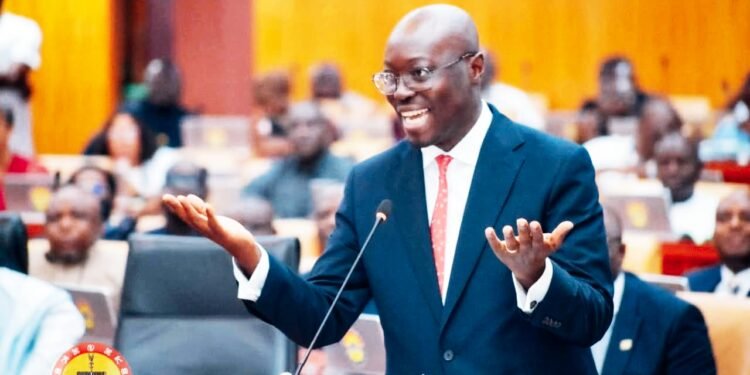Executive Director of Institute for Education Studies (IFEST), Dr Peter Anti, has expressed the need for government to reconsider conditions of service for teachers.
According to him, he has never been a “fan” of how teachers are treated in the country. He revealed that the Ghanaian teacher is not given the right place to thrive, whether via promotions, conditions of service or even in dealing with the environment that they work in.
“It’s just a matter of putting in place a special mechanism to ensure that the teacher is given the needed resources to be able to work effectively and deliver the mandate that he or she has been given. So, the Ghanaian teacher, I think that it’s high time we get to the drawing board and look at the conditions of service of the Ghanaian teacher, look at provisions, in terms of resources and other things that the Ghanaian teacher needs to be able to work effectively.”
Dr Peter Anti
Dr Anti highlighted the need for teacher unions in the country to compel government to attach seriousness to the teaching profession. He stated that the unfair treatment of the Ghanaian teacher does not only affect those in the rural areas but the urban ones as well.
Teachers deserve better treatment
Justifying his position, the IFEST executive director explained that some of the teachers do not have the requisite teaching and learning resources that they need to be able to deliver the education that they are mandated to do.
“So, if those in the urban areas do not have these resources to do what they are supposed to do, what about those in the rural settings, who sometimes, will have to travel miles to be able to get to a school which is filled with reptile, sometimes they have to cross rivers in their quest to help students learn.
“Some of these things should be led by the unions themselves. They should continue to push government because if you leave government like this, the teacher in the rural setting, even those in the urban areas will continue to complain about the difficulties that they go through.”
Dr Peter Anti
Moreover, Dr Anti indicated that government must understand the enormous burden on the Ghanaian teacher. However, he revealed that government has been unable to structure the system in such a way that will be able to get the “commensurate compensation for the teacher” due to the enormity of the work that the teacher does.
“Unfortunately, when results come and it’s not in good shape we turn round to blame the teacher. Surprisingly, in the period of COVID, we saw how parents were complaining about reopening of schools. I think that we need to sit down and have a second look at the provision that we make for the Ghanaian teacher. That should definitely be led by the teacher unions and all stakeholders so that we push government to have a look at the conditions of the Ghanaian teacher.”
Dr Peter Anti
On his part, the General Secretary of GNAT, Thomas Musah, urged government to commit to improving access to education. He explained that access to education in rural area the is not good.
“Taking specifically [in] Ketekrachie West, we have 46 communities, out of which we have only 21 communities that have schools and therefore, the 25 other communities that do not have schools will have to travel to the 21 schools to access education.”
Thomas Musah
Mr Musah noted that initially, the agreement was that a teacher who accepts postings to rural areas must be paid 20% of his gross salary for accepting posting to the underserved areas. However, he lamented that since 2009, the salaries have not been paid and it is something that the association is fighting for.
“… We think that if nothing at all, 2030 will come and meet us then we will leave many people behind and we have some of them dying in attempt of they getting quality education… The only time you see politicians there is only when there is going to be an election and once they get what they want, they leave the people to their fate and I think that must stop. We cannot push these children into child labour, denying them of their teachers…”
Thomas Musah
READ ALSO: Ties That Bind IPPs And Government Threatening To Break And Plunge Country Into Darkness




